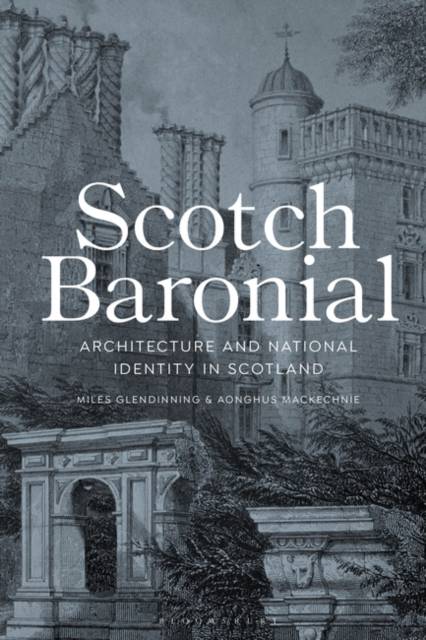
- Retrait gratuit dans votre magasin Club
- 7.000.000 titres dans notre catalogue
- Payer en toute sécurité
- Toujours un magasin près de chez vous
- Retrait gratuit dans votre magasin Club
- 7.000.0000 titres dans notre catalogue
- Payer en toute sécurité
- Toujours un magasin près de chez vous
Scotch Baronial
Architecture and National Identity in Scotland
Miles Glendinning, Aonghus MackechnieDescription
As the debate about Scottish independence rages on, this book takes a timely look at how Scotland's politics have been expressed in its buildings, exploring how the architecture of Scotland - in particular the constantly-changing ideal of the 'castle' - has been of great consequence to the ongoing narrative of Scottish national identity.
Scotch Baronial provides a politically-framed examination of Scotland's kaleidoscopic 'castle architecture', tracing how it was used to serve successive political agendas both prior to and during the three 'unionist centuries' from the early 17th century to the 20th century. The book encompasses many of the country's most important historic buildings - from the palaces left behind by the 'lost' monarchy, to revivalist castles and the proud town halls of the Victorian age - examining their architectural styles and tracing their wildly fluctuating political and national connotations. It ends by bringing the story into the 21st century, exploring how contemporary 'neo-modernist' architecture in today's Scotland, as exemplified in the Holyrood parliament, relates to concepts of national identity in architecture over the previous centuries.
Spécifications
Parties prenantes
- Auteur(s) :
- Editeur:
Contenu
- Nombre de pages :
- 312
- Langue:
- Anglais
Caractéristiques
- EAN:
- 9781474283472
- Date de parution :
- 10-01-19
- Format:
- Livre relié
- Format numérique:
- Genaaid
- Dimensions :
- 160 mm x 236 mm
- Poids :
- 657 g

Les avis
Nous publions uniquement les avis qui respectent les conditions requises. Consultez nos conditions pour les avis.






